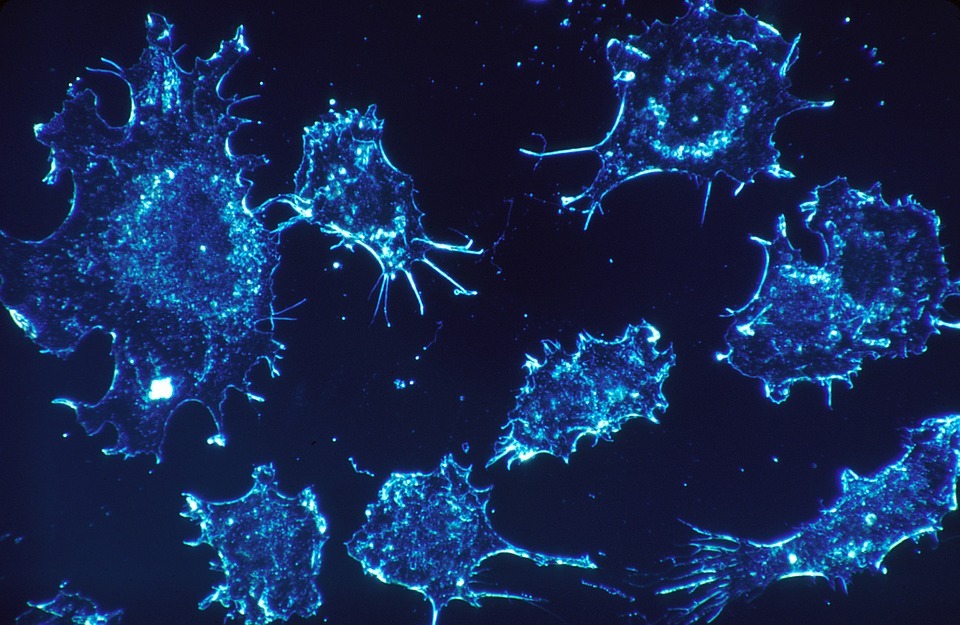Clinical stage biotechnology company QUE Oncology today announces the launch of its Phase II trials which will see its novel non-hormonal therapy, for women with breast cancer suffering hot flashes and night sweats, tested at key sites in the United States.

Image: QUE Oncology launches phase 2 trials in the US. Photo: courtesy of skeeze/Pixabay.
Subscribe to our email newsletter
QUE Oncology is developing drugs for large unmet medical needs and has already advanced clinical development of its lead drug program Q-122, through four Phase 1 trials.
QUE Oncology is now set to commence a placebo-controlled, double-blind study to examine the efficacy of Q-122 at leading clinical sites across the United States, including Brigham and Women’s Hospital, Boston, Johns Hopkins Kimmel Cancer Center, Baltimore, and Indiana University, Indiana. Additional clinical sites in other US states will follow, subject to relevant ethics and regulatory approvals.
After a diagnosis of breast cancer, women are routinely prescribed drugs such as tamoxifen or aromatase inhibitors (known as endocrine therapy) which reduce or block the action of estrogen, a hormone known to stimulate the growth of breast cancer. However, the side-effect of reducing estrogen is an increased likelihood of moderate to severe hot flashes and night sweats. These symptoms can severely impact a women’s general wellbeing and often cause women to stop taking their breast cancer treatment. QUE Oncology is looking to develop a therapy to address these debilitating symptoms.
Previous trials with Q-122 have shown an excellent safety profile in over 60 patients and healthy volunteers. In a previous Phase 1b trial in women undergoing estrogen reduction therapy for breast cancer, 85% of women showed a reduction in both the frequency and severity of their hot flashes.
QUE Oncology Chief Executive Officer Dr Rob Crombie says, “Evidence shows that up to 75% of women undergoing long-term preventative breast cancer treatment suffer hot flashes and night sweats, with some facing more than 20 events in one day. Through our Phase II trials we hope to replicate the data that we have already seen in this patient group as we develop a treatment to substantially improve the quality of life for women on long-term endocrine therapy.”
Dr Hadine Joffe, Director of the Connors Center for Women’s Health and Gender Biology at Brigham and Women’s Hospital, and the Paula A. Johnson Associate Professor of Psychiatry in the Field of Women’s Health at Harvard Medical School, a key investigator on the trial in the United States says, “For women undergoing breast cancer treatment, hot flashes can be debilitating, not only during the day but also at night, impacting sleep quality. In extreme cases, these symptoms can make women consider stopping their anti-cancer therapy. Trials in this area are urgently needed to identify effective treatments to combat these side effects.”
QUE Oncology’s products also have the potential to expand into related conditions, such as hot flashes associated with menopause, and hot flushes experienced by men undergoing prostate cancer treatment.
Source: Company Press Release
 Advertise With UsAdvertise on our extensive network of industry websites and newsletters.
Advertise With UsAdvertise on our extensive network of industry websites and newsletters.
 Get the PBR newsletterSign up to our free email to get all the latest PBR
news.
Get the PBR newsletterSign up to our free email to get all the latest PBR
news.

